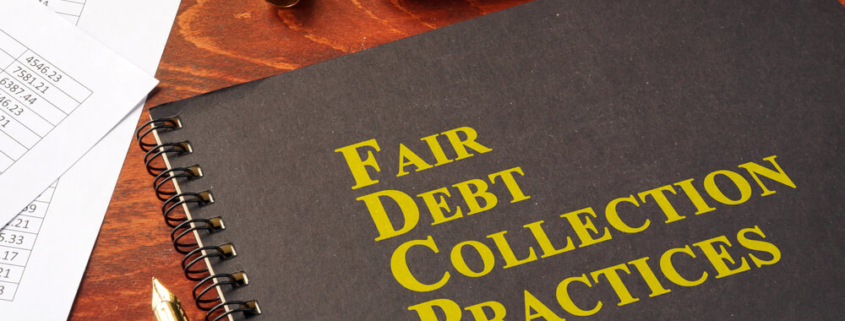The Fair Debt Collection Practices Act
Due to COVID-19, many Americans have found themselves unable to work due to no fault of their own. Despite the circumstances out of their control, debt continues to build and come due. Credit card debts, car loan repayments, and a litany of other debts are front and center for many Americans suffering the economic impacts of COVID-19.
Creditors are increasingly turning to debt collectors to recover the amounts owed. Thankfully, the Fair Debt Collection Practices Act protects debtors from debt collectors’ abusive and harassing tactics. Under the Fair Debt Collection Practices Act, it is illegal for debt collectors to rely on certain tactics when attempting to collect an outstanding debt. Debt collectors cannot use abusive, unfair, or deceptive practices.
At Padgett & Robertson, we are acutely aware of the impact that aggressive debt collectors have. These overbearing tactics often push individuals and households into bankruptcy due to influencing them to make worse financial decisions, and in many cases, in order to end the harassment. We have seen first-hand the damage that these debt collectors cause and will not stand for it. We can help put an end to the harassment you or your family receive from debt collectors. Please contact us today to schedule a free consultation.
Is all debt covered by the Fair Debt Collection Practices Act?
No. The Act only covers personal debt. Unfortunately, business-related debts are not covered. Thus, the Act applies only to debt collectors attempting to collect for credit card debt, medical debt, student loans, a mortgage, or any other personal debt such as financing a television or furniture.
Are debt collectors limited in how they can contact me?
Yes. Debt collectors may contact you via mail, telephone, and text message, among other various means. When contacting you, debt collectors must abide by strict rules. For example, a debt collector cannot contact someone outside of 8 am to 9 pm without receiving prior consent. Importantly, debt collectors are limited in what they may claim or say when contacting you. If a debt collector has used abusive language, threatened violence, or otherwise acted in an abusive, unfair, or deceptive manner, please contact our offices today.
Can I be contacted at work by debt collectors?
Yes, unfortunately. A debt collector may contact you while you are at work. However, they cannot identify themselves as a debt collector. If a debt collector is attempting to contact you while you’re at work, the Fair Debt Collection Practices Act allows you to instruct them to no longer attempt to contact you at work, a request with which they must legally comply.
Fair Debt Collection Practices Attorney in Mobile, Alabama
At Padgett & Robertson, we help families in the Mobile area navigate through financial distress. In these unprecedented times, we are working harder than ever to protect families from unfair, aggressive, and in some cases illegal, debt collection tactics. If you or your family are being harassed by debt collectors, or if you have questions relating to your debts or debt collection, please contact us today to schedule a free consultation.





Leave a Reply
Want to join the discussion?Feel free to contribute!